Strasbourg analyzes the double violation not tried in Navarra
- In 2016, two women reported the rape in Pamplona. In 2018 the suit was filed and there was no trial. The victims’ lawyer has denounced the irregularities committed in the investigation by the Spanish Police, the Prosecutor’s Office and the Court of Navarra. The Spanish State may compensate the victims and, if no agreement is reached, the trial will begin.

The news was given by the newspaper Gara and spoke to the victims' lawyer, José Luis Beaumont. He says that the European Court of Human Rights has initiated an unprecedented investigation. The European Court takes about two years to appeal and answer, and in the case of the complaint by two women, it has decided in four months. The lawyer reported irregularities in the investigation.
The Spanish State will be able to compensate the victims, and if there is no agreement, the trial will begin. Furthermore, the European Court will ask the Spanish State what has happened since 2016, that is, what it has done to protect the victims and that the tests do not disappear. Attorney Beaumont has told the newspaper that “six years later and with the destruction of the most important evidence”, he does not believe that a fair trial can be made.
Gara has explained that one of the police officers who must investigate the two violations is the brother-in-law of one of the men accused of rape. The lawyer claims that there have been irregularities in the investigation process since the beginning. Among other things, tests were removed at the police station of the Spanish police in Pamplona and the Navarro justice system did not follow them. Some frames engraved by a bar's security camera also disappeared. The two defendants were released and the evidence disappeared with impunity.
Chemical submission violations
The two young women participated on December 8, 2016 in the Casco Viejo de Pamplona and the following day they woke up in a house in another neighborhood. For many hours, what happened was not remembered. In the house there were two men they met at night. They left home with the taxi. One of them went to the emergency room a few days later, as he felt pain in various parts of his body. The hospital staff told him he had evidence of a chemical submission violation. They both felt grieved and dizzy.
Prentsaurrekoa eskaini dute ostegun honetan Marc Aillet Baionako apezpikuak, elizbarrutiko hezkuntza katolikoko zuzendari Vincent Destaisek eta Betharramgo biktimen entzuteko egiturako partaideetarikoa den Laurent Bacho apaizak. Hitza hartzera zihoazela, momentua moztu die... [+]
11 adin txikikori sexu erasoak egiteagatik 85 urteko kartzela zigorra galdegin du Gipuzkoako fiskaltzak. Astelehenean hasi da epaiketa eta gutxienez martxoaren 21era arte luzatuko da.
Elizak 23 kasu ditu onarturik Nafarroa Garaian. Haiek "ekonomikoki, psikologikoki eta espiritualki laguntzeko" konpromisoa adierazi du Iruñeko artzapezpikuak.
15 urteko emakume bati egin dio eraso Izarra klubean jarduten zuen pilota entrenatzaile batek.
Lestelle-Betharramgo (Biarno) ikastetxe katolikoko indarkeria eta bortxaketa kasuen salaketek beste ikastetxe katoliko batzuen gainean jarri du fokua. Ipar Euskal Herriari dagokionez, Uztaritzeko San Frantses Xabier kolegioan pairaturiko indarkeria kasuak azaleratu dira... [+]
Neska adingabeari sexu abusuak era jarraituan egin zizkiola frogatutzat jo du Bizkaiko Lurralde Auzitegiak.
1989tik 2014ra, Frantzia mendebaldeko hainbat ospitaletan egindako erasoengatik epaituko dute. 74 urte ditu Joel Le Scouarnec zirujau ohiak, eta espetxean dago beste lau sexu eraso kasurengatik.
Lau mila karaktere ditut kontatu behar dudana kontatzeko. Esan behar ditut gauzak argi, zehatz, soil, eta ahalko banu polit, elegante, egoki. Baga, biga, higa. Milimetrikoki neurtu beharra dut, erregelaz markatu agitazioa non amaitzen den eta propaganda non hasi. Literarioki,... [+]









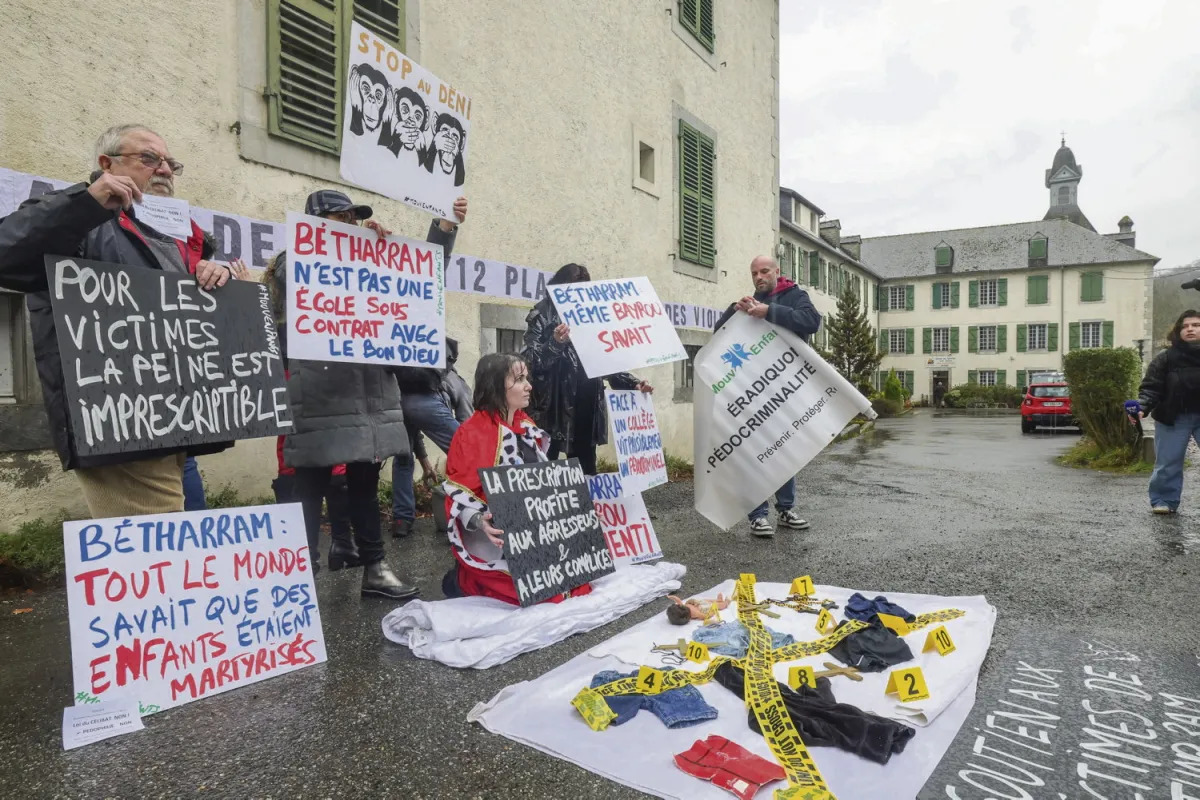
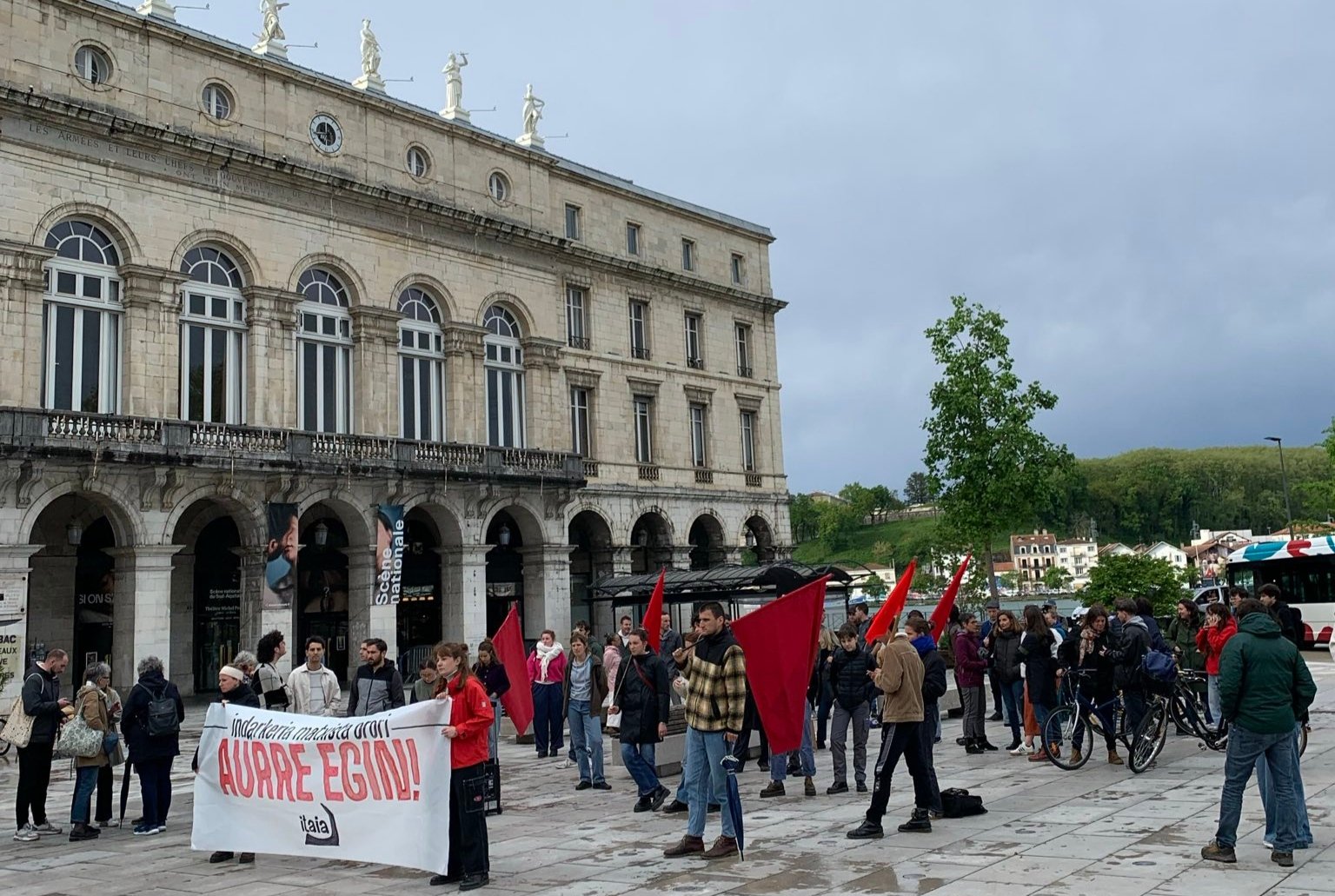
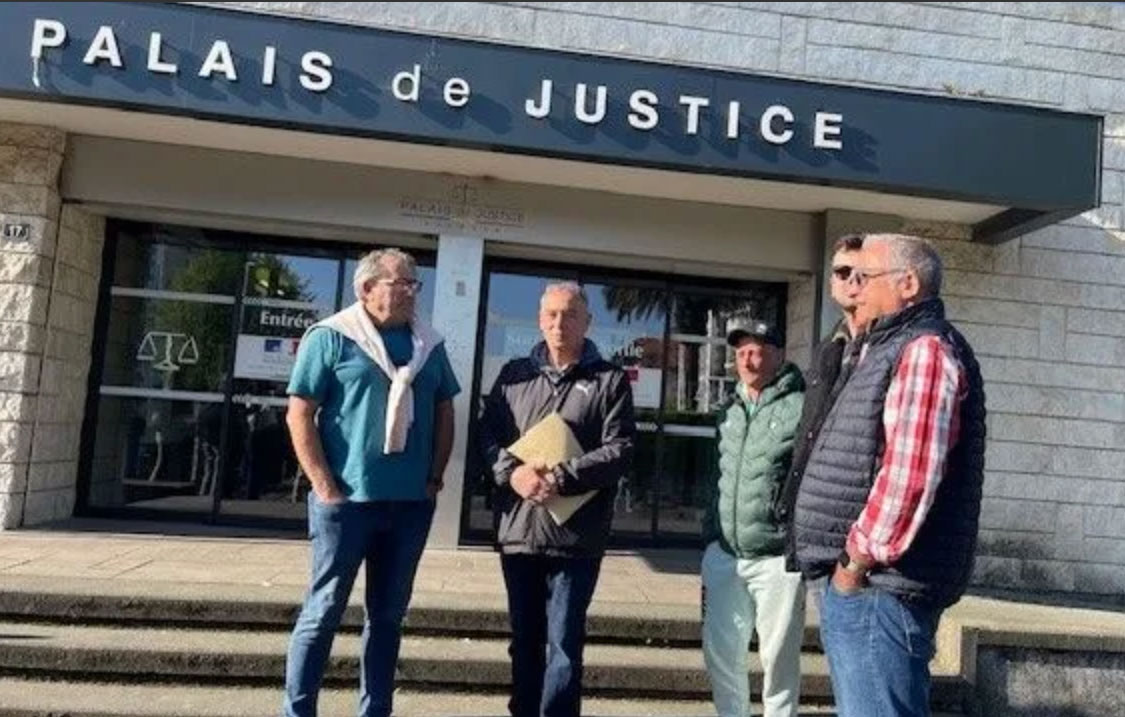
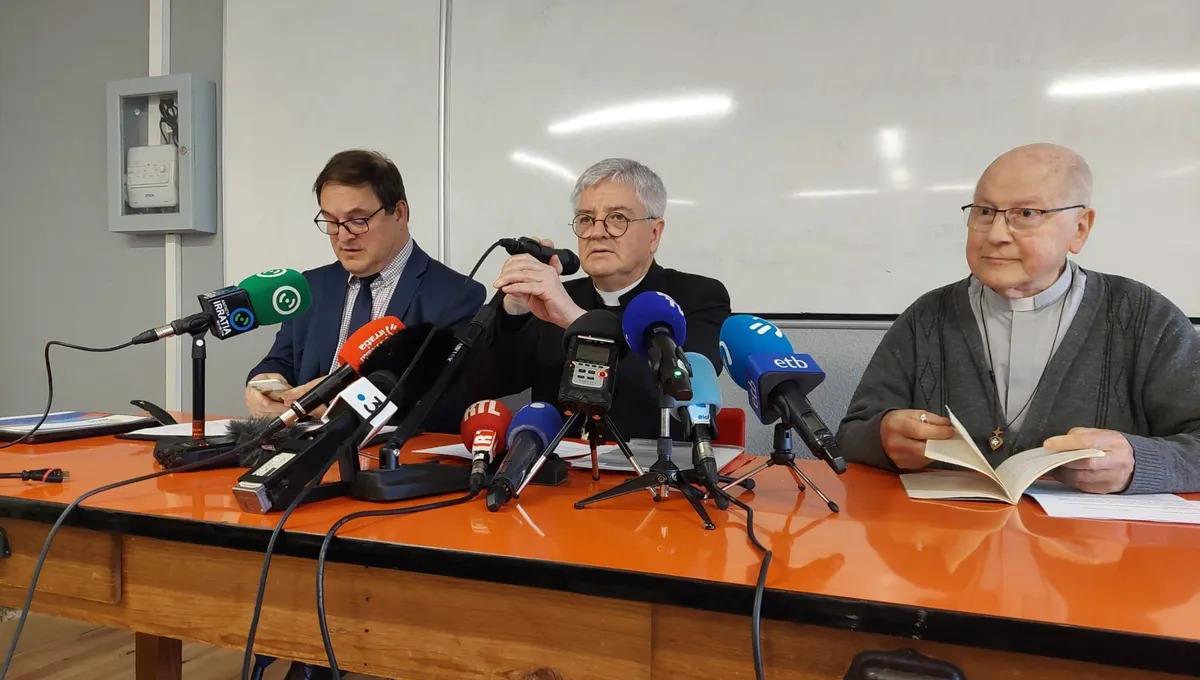
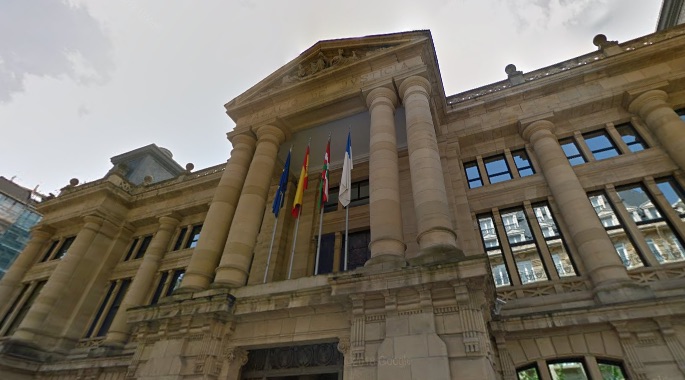


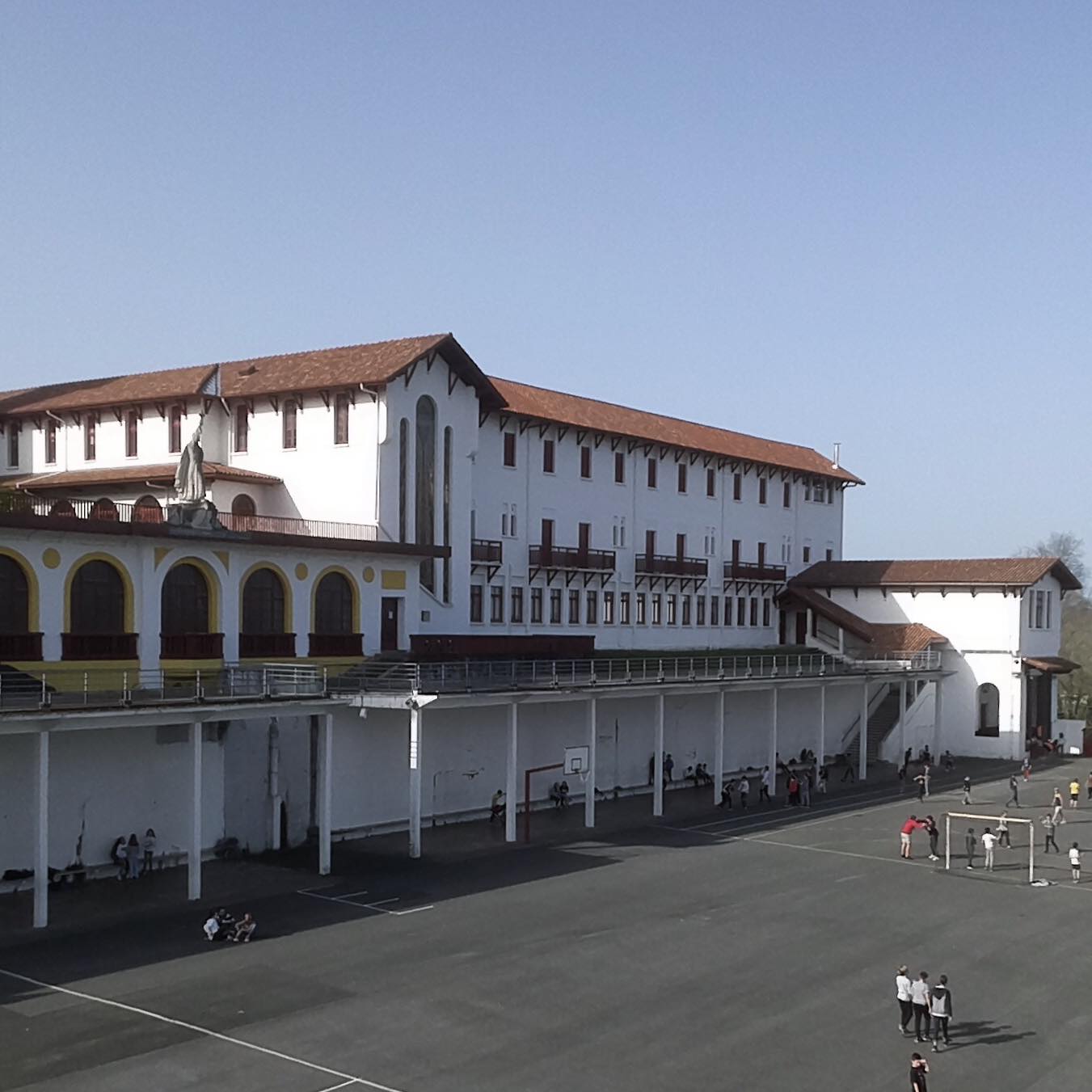



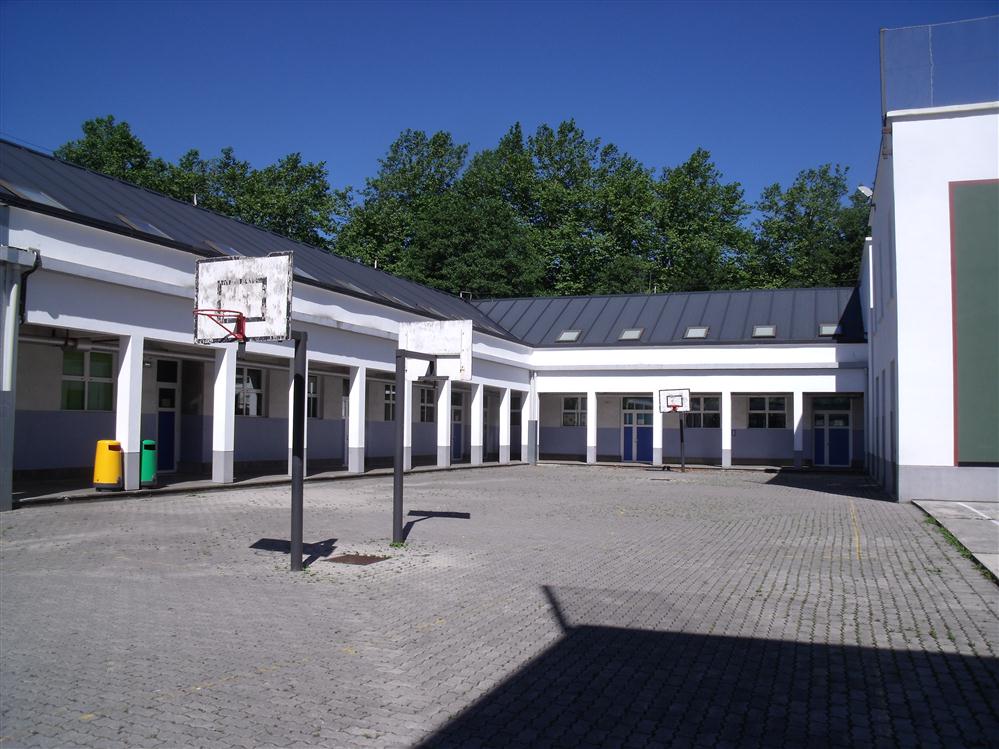
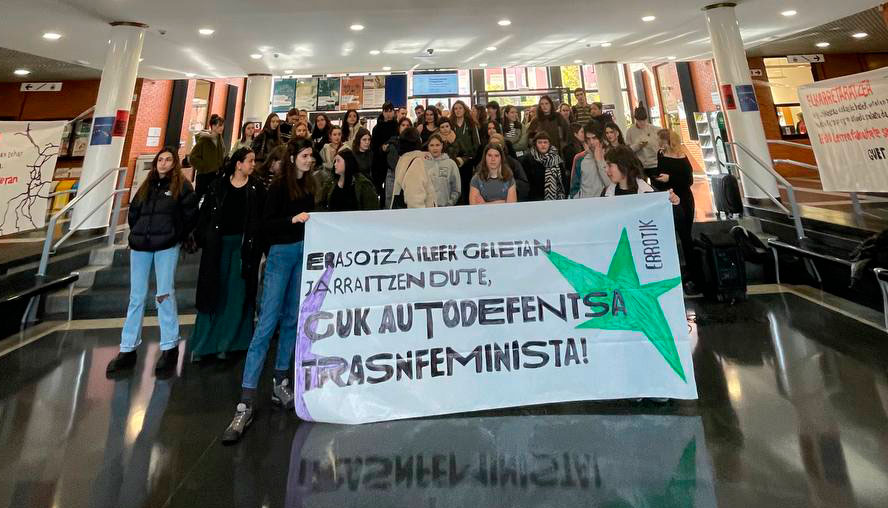
_2.jpg)